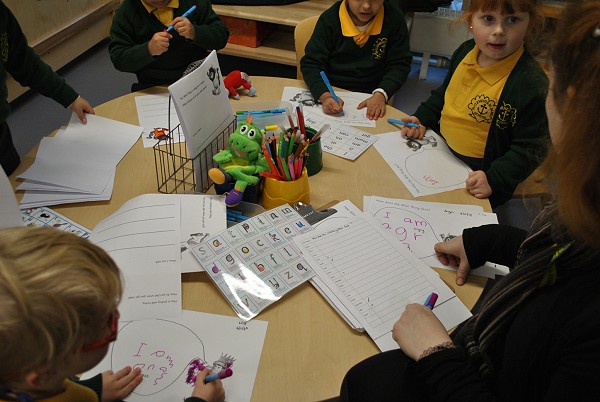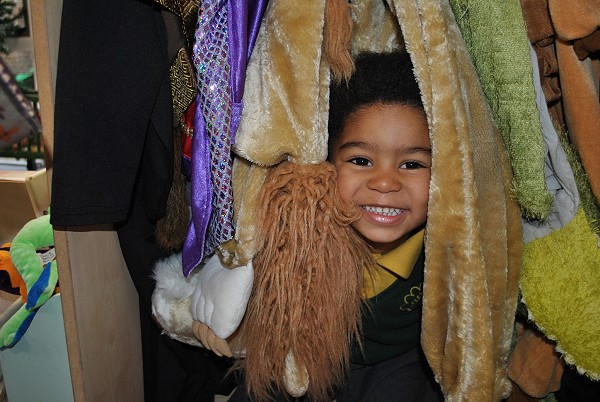Foundation Stage / Early Years
In Nursery and Reception, we follow the Early Years Foundation Stage curriculum. Children have the opportunity to learn and develop in the seventeen areas, both inside and outside. Much learning is child-initiated; through our high quality provision and interactions with children, we ensure that they learn through exploration and engaging with the activities that are provided. Short adult-led activities give direct teaching; this increases in amount in Reception.
Learning Journey
We keep a Learning Journey of your child’s development in both Nursery and Reception. These are a lovely way to record some of the things your child is learning and exploring, and we welcome news from home for these too. They also help the adults working with the children to plan next steps in learning.
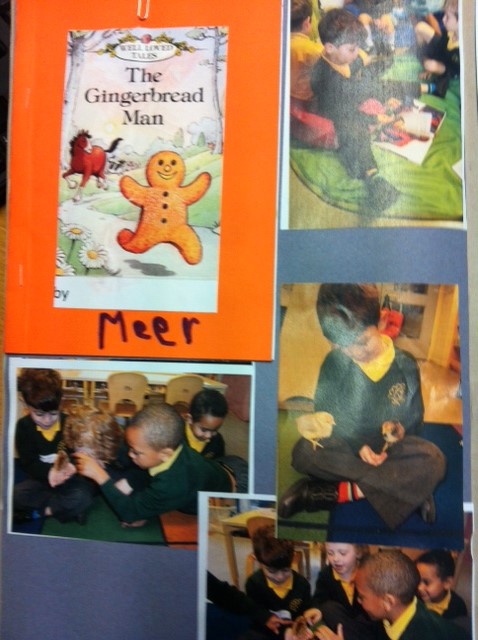
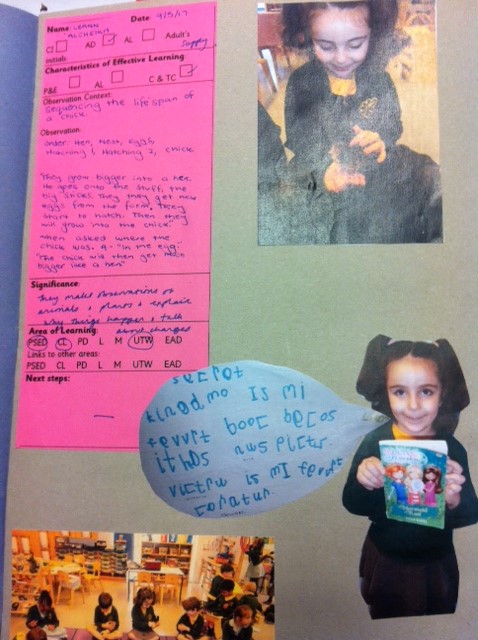
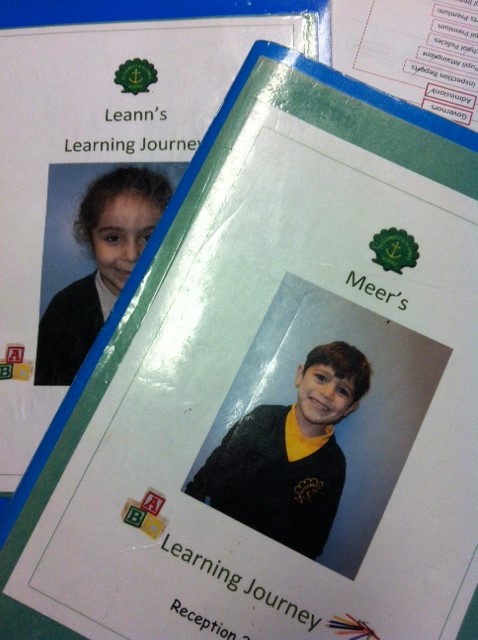
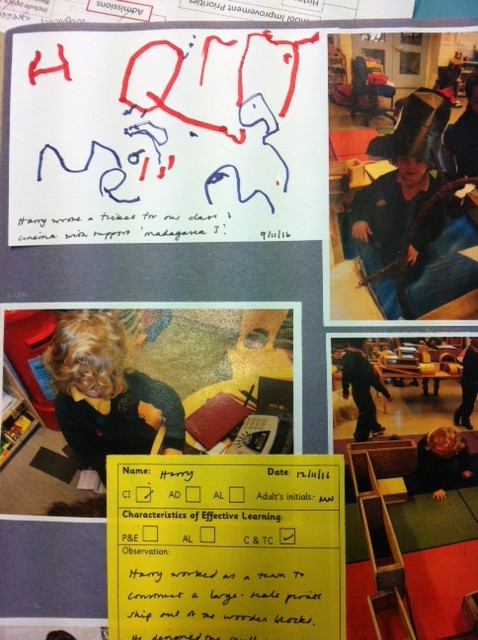
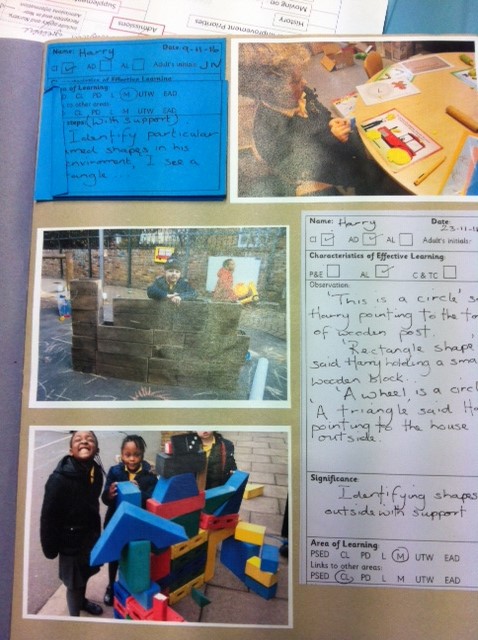
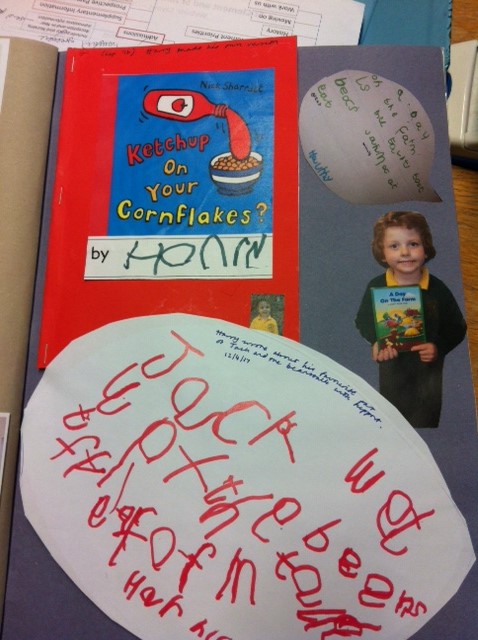
Early Years Foundation Stage Curriculum
Children in Nursery and Reception follow the Early Years Foundation Stage curriculum. There are seventeen areas of learning:
Communication and language includes: listening and attention; understanding; speaking.
Personal, social and emotional development includes: managing feelings and behaviour; making relationships; self-confidence.
Physical development includes: health and self-care; moving and handling.
Literacy includes: reading, writing.
Mathematical development includes: numbers; shape, space and measures.
Understanding the world includes: people and communities; the world; technology.
Creative development includes: expressive arts and media; being imaginative.
Children learn through adult-directed activities, and child-initiated activities. We provide a rich and varied environment for learning, stimulating children’s curiosity, and following their ideas and areas of interest. Our topics adapt and evolve as we observe and talk to the children. In both Nursery and Reception, children choose whether to learn and play outdoors or indoors, with opportunities in all areas of the curriculum both indoors and outdoors.
It is age-appropriate for children to be exploring physically – water and sand play, and digging in the worm village, are important parts of learning. Your child may come home with some mud or paint on them – this means they’ve had a busy and successful day!
We assess children’s development through observation, and plan for future progress accordingly. At the end of the Foundation Stage, we report to parents whether children have met the Early Learning Goals in each of the seventeen areas of learning, whether they are exceeding them, or working towards them.
